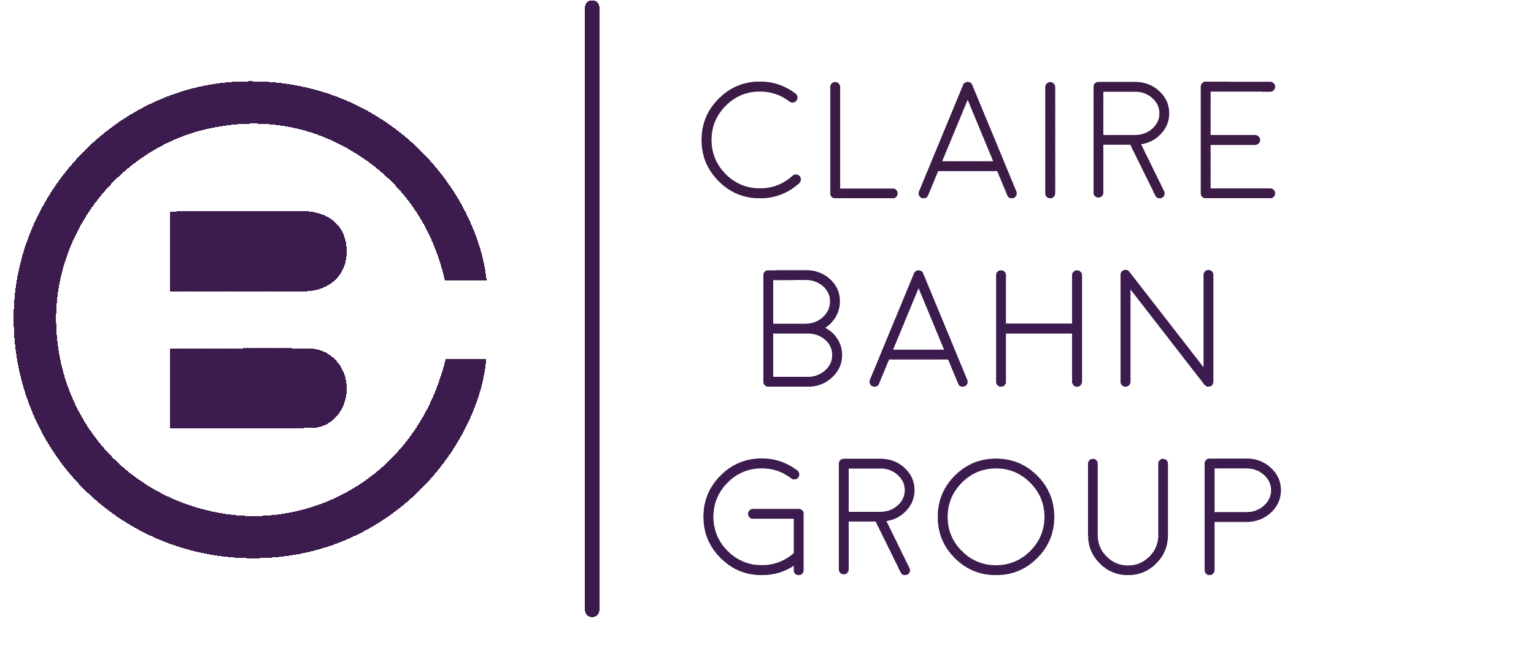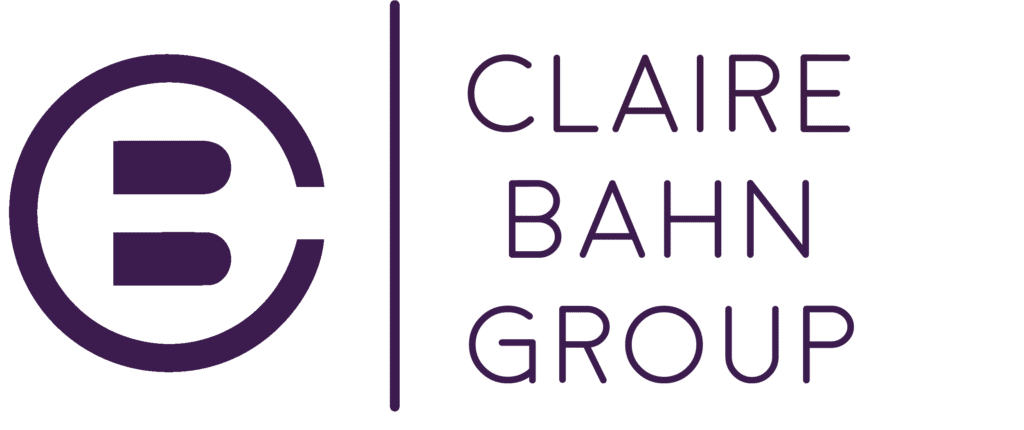Most experienced entrepreneurs are familiar with the term search engine optimizing (SEO). But did you know that there’s also SEO on social media?
Implementing SEO offers a free way to market your personal brand and boost your social impression. Many people are probably going to be surprised to learn that SEO works on social platforms much in the same way it works for website blogs and pages.
You might not even realize it, but you’re actively using SEO on your social media every day. I’m willing to bet that in the early days of social media, most people didn’t even pay attention to it. But now this knowledge has become highly coveted in order to figure out how to boost your personal brand and make an impression.
Social media SEO plays a huge role in making that impression. And the more impressions you make, the more potential clients you can get!
Ready to boost your social SEO? Keep reading.
RELATED: CHOOSING A PERSONAL BRAND LOGO & EXAMPLES OF PERSONAL BRANDING
What is SEO?
Search Engine Optimization. While social media search bars aren’t as heavily integrated as Google or YouTube’s, they still play a role in how your business is discovered.
How SEO Works On The Web
If you have a website, you’ll need SEO keywords in order to “rank” on Google. What this means is that if you use enough key terms in your blog or website copy, your website will show up on Google’s front page. And that’s what you want because, honestly, who looks past the first page?
The most difficult part of SEO is research. What key phrases are people typing into search bars in order to find information in your industry? How often are they searching for it? Has anyone else successfully answered their question?
For example, the SEO keyword for this blog is “SEO on social media”. Enough research has shown me this is a great topic to pursue because about 1,000 people search for this on Google every month.
But I can’t simply write this blog without mentioning social media SEO a few times within the text. Without implementing your SEO keywords three or more times into your copy, Google’s “spiders” won’t pick up on your blog. So they won’t recommend it to anyone.
Why It’s Important
If you can pinpoint keywords and integrate them into your website (preferably in blog form), then you are going to set yourself up as an authoritative voice in your industry. How? Because your informative blogs, website, etc are going to be recommended by Google.
SEO takes a lot of time and knowledge to get right, which is why not everyone does it. But in a way, that’s good news. It means there’s room for you to assert yourself as an expert in your industry.
It’s important to research topics within your industry in order to know how you can help your potential clients. It’s about what you can do for them.
Whether that’s simply answering their questions, giving them inspiration, or offering your services is something that only time will tell.
RELATED: HOW TO STAY ON TOP OF TRENDS FOR YOUR BRAND
How SEO Works on Social Media
To be fair, SEO on social media doesn’t work exactly like most people think it does. If a single post on your Twitter or Facebook feed goes viral, that single post won’t show up if someone were to search it in the Google search bar.
In fact, social signals aren’t picked up by Google at all.
So this probably leaves you wondering, “How can I use SEO on a social platform?”
Well, for one, if a post on social media does well enough, it might lead journalists to your account. If that’s the case and they decide to write about it, they can link your social media page to their article. This will integrate your company’s social media page into an SEO publication that Google can pick up on.
But before we get into that, let me explain the different ways in which SEO works directly on social media platforms.
Your profile will rank in google search engine results
While a single Instagram, Facebook, or Twitter post won’t be picked up by Google’s algorithm, your profiles will.
For example, if you google Claire Bahn, the first links that show up are:
- clairebahn.com – My website
- Claire Bahn Twitter account
- My LinkedIn page
And so on. That’s why it’s important to start your brand on a handful of social media accounts. The more of your own marketing that you create online, the easier it will be for people to find your company.
You can even use your social media biographies to define keywords that can help boost your SEO. That’s why a part of my Stratus Branding package includes bio optimization.
People don’t realize how important their social media bios are!
If you were to keyword search my name on Google, my Facebook link will be one of the top recommended links. Underneath the link to my page, you’ll see that the snippet under the link says:
“Claire Bahn, Los Angeles, California. 18681 likes · 5 talking about this. Hi! I’m Claire Bahn CEO & Co-Founder of Online Profile Pros and Stratus…”
This comes directly from my Facebook “About” and. “Biography” sections. This is what Google decides to display Facebook business profiles. By adding my business name and keywords like “CEO” and “branding” people will be able to pick up on what it is that I do.
You can also be more specific with your keyword search. Google “Claire Bahn social media” for example, and you will find a link to my Twitter:
“The latest Tweets from Claire Bahn (@ClaireBahn). … Your brand on social media should be given some serious thought and you should have a strategy in …”
This is why you should also be mentioning your personal branding keywords in your social media content.
Social media posts can be used as a backlink on high authority websites
As I mentioned, your social media posts can be used by journalists as backlinks to their articles.
Articles such as “10 authors who are brilliant at Twitter” are common headlines that are written all across the digital space. The journalists will typically use one of your witty Tweets or mesmerizing Instagram pictures to link to your social profile.
This helps you cast a wider net in terms of marketing your personal brand. In the case of an author who is lucky enough to get featured on one of these high authority websites, that clout can lead to more social recognition and, eventually, more sales.
Build your brand reputation through engagement
You can build your brand by getting featured in the press, but you can also increase brand awareness through social engagement. This puts you in control of who sees your content and how often. In other words: it’s SEO on social media.
Engagement is simply the act of leaving comments (not just “likes”) on social media posts. This is social media, after all!
The more you engage with others in your industry, the more likely you are to earn those coveted spots on social media’s Explore Page.
If you (or your personal branding team) take time each day to comment on posts in relevant hashtags (i.e. #authors), the more likely your own posts are going to start trending on those hashtags. It’s a loose form of SEO, but as much as you are using niche hashtags in your posts, you should be engaging in those hashtags just as much.
Ultimately what this does is build your brand reputation so that your SEO on social media becomes more prominent.
RELATED: HOW I STARTED MY BUSINESS FROM SCRATCH
Hashtags work as keywords on social platforms
Reminder: hashtags do not act as keywords for Google!
If I were to search for “LA authors” on Google, it will never, ever lead me to an author on Instagram. Unless I type in “LA authors Instagram” in which case, a few authors will show up on Google’s front page (this is also where optimizing your bio comes in handy).
Hashtags, on the other hand, work internally just like SEO keywords work for your blog or website. Hashtags do best on Twitter and Instagram (not so much on Facebook nowadays).
Just like on your website, however, the same hashtags are being used over and over again. Much like Google’s front page, most people don’t scroll past the first 9 or so photos, tweets, or posts that come up under the hashtag they search.
If you were to search #LAauthor on Instagram, there would only be about 550 images to search through. While those 550 images may not seem like much competition, it’s not enough to showcase your work to a mass audience. And compared to the 3.4 million who use #author on Insta, it’s going to take truly unique content to land you on Instagram “front” hashtag page.
How To Define Your Keywords
To be honest, there have been conflicting stories about whether or not Google picks up on social SEO. But because people are now searching for personal branding strategists, local bars, and even doctors on social media platforms, you still need to be using these strategies.
If you want people to find you through social media search, you need to define your keywords— just like you do for your website.
The following are my recommendations on how to choose your hashtags and some free resources to make your job a little easier.
Defining your keywords
Think about what industry you’re in. Let’s say you’re an author. An easy way to see which hashtags people use to find authors online is to do a quick Google search. However, the search for “hashtags for authors” on Google will give you a plethora of links. And all of them give different advice.
A better method would be to go on Instagram and Twitter (the two best social platforms for writers) and type in #author. When you do this on Instagram, the first hashtags that are suggested are:
#author
#authorlifemonth
#authorsofinstagram
You can also see how many people have used these hashtags. The top choices will usually be over 1 million. The problem with this is that so many people are using these hashtags in their posts. Again, it’s going to make it harder for potential customers or clients to find you (unless you have great content).
Narrowing Down Your Hashtags
This is why it’s important to switch up which hashtags you use. Pick some that have been used a lot and pick some that only 50K or so people are using. You should also be analyzing them each month to see which ones work the best.
I recommend starting with 30 hashtags. Reuse them in each post, but make sure to add or take out some so that Instagram doesn’t think you’re a bot. This will help in narrowing down the best keywords (i.e. hashtags) to use for your social SEO.
Plus, Instagram has this (somewhat) new feature where you can actually follow hashtags. This will help you by allowing you to see what type of posts are being recommended in the hashtags you’re using; this will help to boost your SEO on social media.
RELATED: WHAT IS SOCIAL MEDIA BRANDING?
Tools you can use to track your social hashtags and SEO
SEO on social media is all about tracking and analyzing your hashtags. Without paying attention to which hashtags are helping to grow your personal brand, how can you maintain that growth?
There are a few ways that you can track your hashtags.
Internal Insights
The first and easiest way is to use the Insights that come with each social media platform.
On Instagram, you can find this by clicking the 3 lines on the top right and going to Insights. Where it says “See All” you can view the statistics of all of your recent content.
I suggest selecting your timeframe (top left) to 3 months. Whatever was performing a year ago may not work for you now. Then, set your Insights to Impressions or Reach. This will show you which content reached the most amount of people (because of hashtags). You can go to each of these posts and simply copy and paste the hashtags for your next few pictures and see how they do.
You can get the same insights on Twitter and Facebook, though, they aren’t as easy to analyze as they are on Instagram.
Later
The free version of Later (an automated content scheduling system) tells you some things about your social SEO. You can see which of your posts performed the best within a 3-month time frame (or your last 30 posts). Then you can go to those posts and take a look at your hashtags and caption copy to see what it is that made this particular picture perform so well.
Or, what I recommend, is upgrading to the Business tier on Later. This $10 per month program gives you full-blown hashtag analytics for each post (on any social media channel).
You can see which hashtags helped you garner the most comments, likes, shares, and even follows. It’s definitely worth the investment until you have your hashtag strategy down pact.



